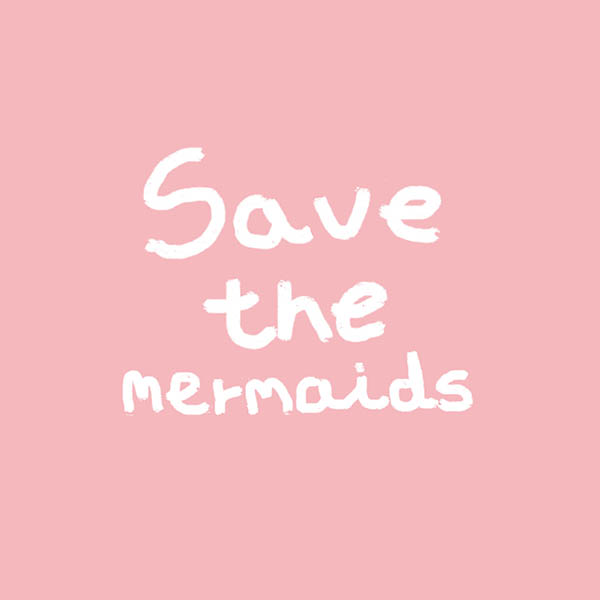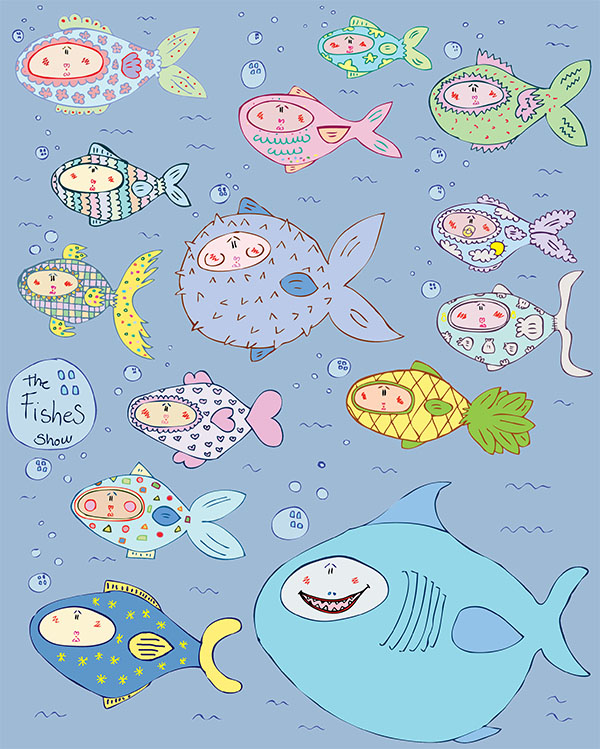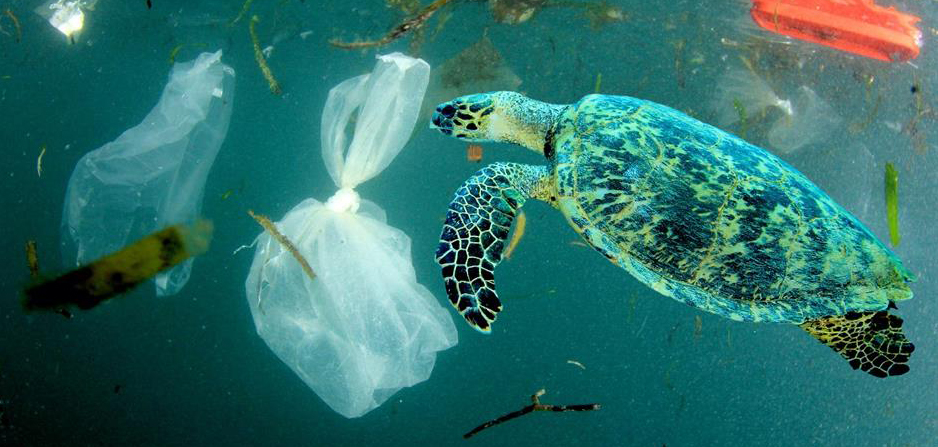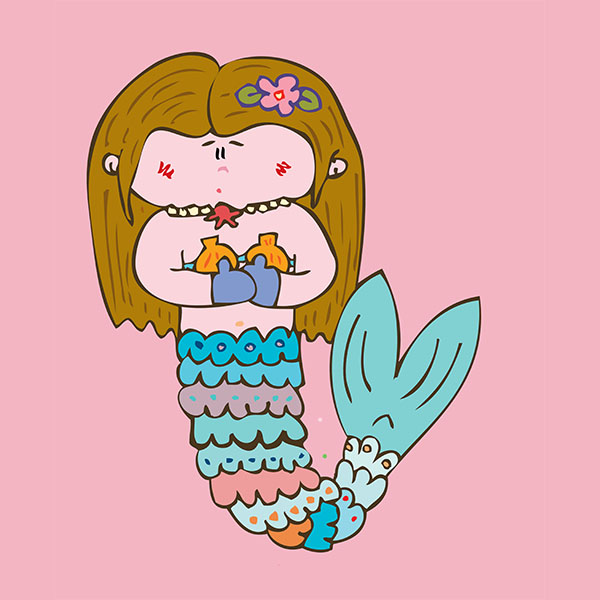WHAT ARE THE IMPACTS? On the one hand, the plastic pieces have a direct impact on marine life: entanglement, suffocation, strangulation or malnutrition after being ingested. On the other hand, microplastics (fragments smaller tan 5 mm) can be ingested by marine fauna, including plankton, crustaceans and fish, and can cause problems, both due to their physical presence and because of the chemical pollutants they carry. . They can even be passed along the food chain until it reaches our plates.
The implications for human health are unknown as there are many knowledge gaps.SOLUTIONS
SOLUTIONS
In order to curb plastic pollution in the oceans, it is essential to take action at the point of origin of the waste. It is necessary to reduce its production and ensure its recycling. | 




